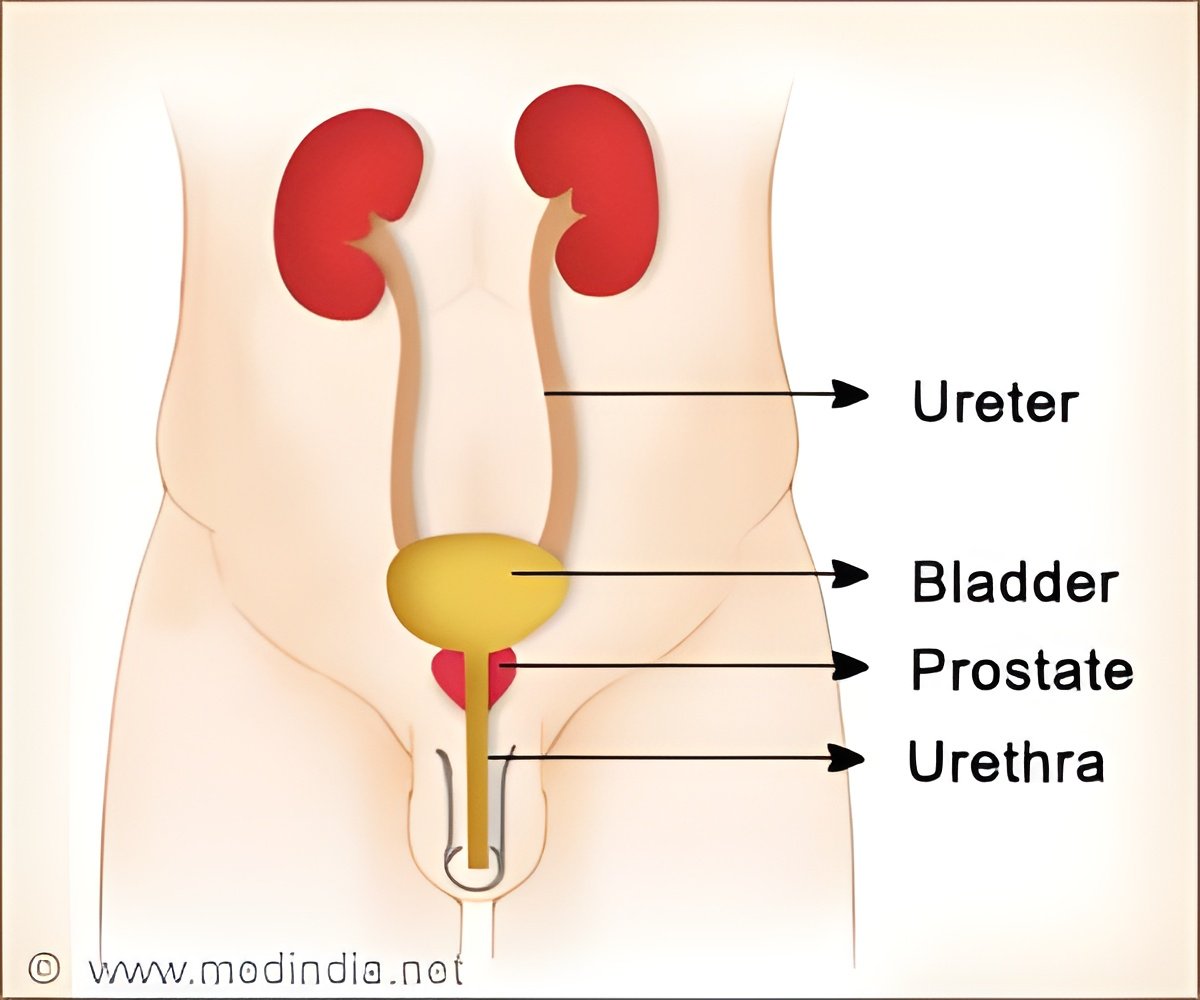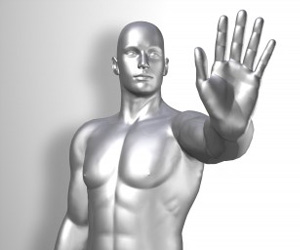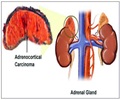Low levels of male sex hormones (testosterone) may be one of the reasons for nocturia, i.e. increased urine output at night.

The study included 2180 patients who attended an outpatient urologic clinic between July 2011 and August 2012 for lower urinary tract symptom complaints.
The study found that every 0.142 ng/mL decrease in testosterone was associated with an increase in the number of nocturia episodes per night.
Patients with overt testosterone deficiency (i.e. levels less than 2.50 ng/mL) were 60% more likely to experience nocturia than those with higher hormone levels.
The researchers also found that “urine production rather than frequency is associated with testosterone deficiency.”
The statistical model employed for the study took into consideration age, body mass index, and prostate volume.
Source-Medindia













